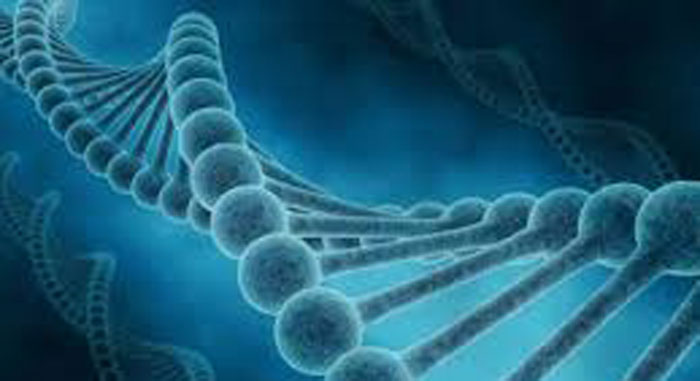Last month, Delayed Sleep Phase Disorder sufferers rejoiced as scientists announced the discovery of a mutation in the circadian gene, CRY1. This mutation slows the circadian clock, which controls behavior such as sleep/wake cycles. People with the “night owl” variant of CRY1 have a longer circadian cycle than most, causing them to stay awake later and have trouble getting up in the morning.
The finding by The Rockefeller University substantiates what DSPD sufferers have long believed - that night owl tendencies are hardwired into one's genes. Dr. Michael Young of Rockefeller's Genetics Lab explains, "It's as if the carriers of the mutation have perpetual jet lag, moving eastward every day. In the morning, they're not ready for the next day to arrive."
CRY1 is essential for 'entrainment' - a term that refers to the synching up of physiological processes with environmental cues during a 24-hour day. For example, most people wake when the sun rises, become hungry shortly thereafter and start to feel drowsy when the sun goes down. But DSPDers are not (and cannot) 'entrain' to light and dark - their circadian rhythms are misaligned with societal norms. A person with a mutated CRY1 gene would find herself out of sync with society, a condition in which I'm all too familiar.
The announcement by Rockefeller University garnered coverage not only in science publications like Cell magazine but also in mainstream press - NBC News featured it as its lead health story for more than a day.

As Seen on NBCNews.com
To date, this is the most significant discovery of a gene mutation for Delayed Sleep Phase Disorder. By accessing a database of sequenced genomes of people from around the world, researchers were able to interview those with the CRY1 mutation and confirm that they experience altered sleep patterns. It's the first time scientists concluded that a wide range of people with the CRY1 variant - who are NOT blood relatives - have the symptoms of a circadian sleep disorder.
There have been numerous genetic studies for sleep disorders in humans, mammals and fruit flies (Drosophila). Genes that have been implicated in having variants that cause circadian malfunctioning include CLOCK, BMAL, OPN4, NFIL3, RORC, BHLHE40, ASMT, CRY2 and PER3.
A variant of the PER3 gene in families has been associated with Delayed Sleep Phase Disorder. Read about the PER3 gene variant and my own genome in 'Per3 Gene and My Personal DNA Testing Results.'


